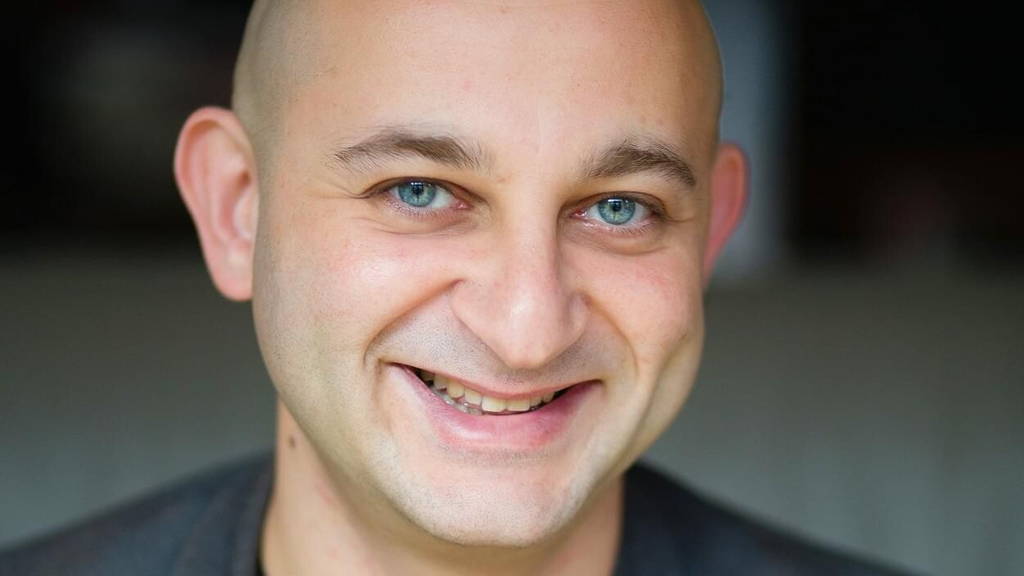How digital transformation in healthcare will influence pharmaceutical market in the next years?
First of all, digital impacts are already here and will continue challenging existing business models for years to come. If I look at the health & care ecosystem as a whole, we have health & wellness companies with direct access to the consumers and their preferences and behaviors, we have hospital systems and ACOs with direct touch to patients and healthcare consumers and health insurers, while financially focused have end customers as clients managing risk.
Patients and healthcare consumers are equipped with information. But what is missing is knowledge.Some hospitals are launching their own generic version of drugs, insurance companies moving towards digital interactions and telemedicine and health & wellness companies are able to analyze de-identified consumer data for better prevention and help with behavior modification. Pharmaceutical industry has been slowly but surely moving towards the ability to bring the drugs to market quicker and much more personalized but also exploring other models with patient engagement in Pill+ approach. In summary, that is my concern – can we move quick enough towards personalized health & care as an industry? The digitalization is influencing patient experience and the interactions between pharmaceutical companies, doctors and patients. How today's healthcare models and solutions will have to be redesigned to meet unmet patients' expectations? Human-centric design has become a bit of a buzzword by itself, however I truly believe that any large health care company has to take this approach: understanding unmet needs of healthcare consumers. The other aspect of the changes that are already taking place is the notion of “cooperation is the new competition” – no large or small company can do things on their own and that is our hypothesis at G4A. Usually patients - if not hospitalized - buy medicines in a pharmacy after asking friends for recommendations, googling symptoms in internet or visiting a doctor. How this "patient's journey" will change in the future? I will not be the first one to say that “googling” has been going on for many years and patients and healthcare consumers have been and will continue being more equipped with information. But what is missing is knowledge. There is also tremendous institutional knowledge with our key opinion leaders and practitioners but given the amount of information coming on daily basis, turning this information into knowledge will require the use of latest technologies (will skip all the buzz words) to arm and augment the physicians but also direct to consumer platforms. Unless, one gets diagnosed with a disease, the knowledge level of healthcare consumers and the multitude of potentially “untrusted” sources is still there. Could you name three startups solutions that fascinate you most recently? Too many to pick three from but to give a hint, I am excited about what digital therapeutics and Neuro Tech startups are doing in the space. From Virtual Reality to music-as-medicine, the brain holds some key answers to our current challenges in the quest for personalization.








